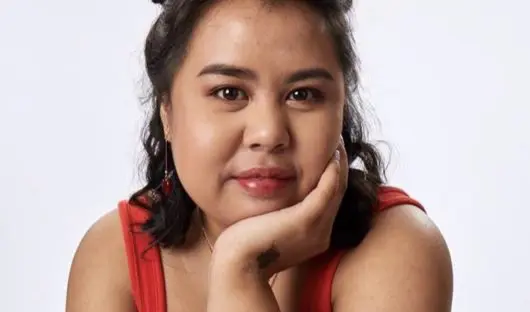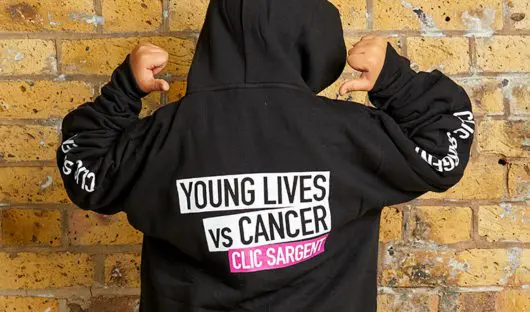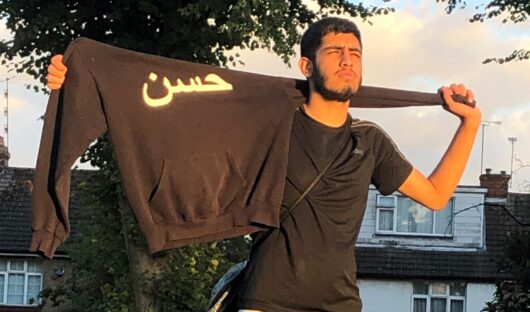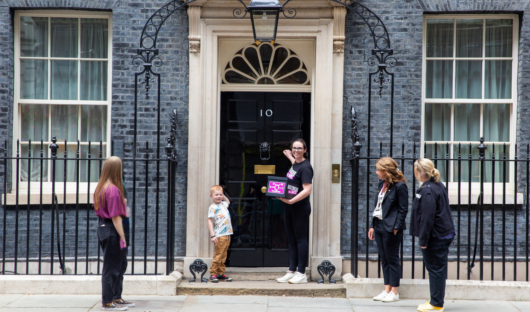How do Young Lives vs Cancer Social Workers support young people in education?
Education is a huge part of young people’s lives, and a cancer diagnosis can throw their plans completely off course. We asked two of our social workers, Tracey Biggs and Lydia Quine, how they’ve helped young people with cancer to continue their studies and minimise the impact of cancer on their education.
Tracey:
I recently supported a young person who was in her second year of a three-year degree course. She’d been unable to attend the course fully since November because of illness and was ultimately diagnosed with cancer just before Christmas. Before her diagnosis, the young person and her parents had kept the uni up to date on why she was absent, but they were too overwhelmed to keep doing this after the diagnosis.
The young person wasn’t sure if she wanted to try to continue with the course or interrupt her studies. I was able to help with this by arranging a Teams meeting with the young person, a parent, her tutor at uni and a student support advisor. We discussed all the options, and also met with a financial advisor from the student support service to talk about how any decision would impact the young person’s student loan. With the information from these meetings, the young person felt able to decide that it was best to defer her studies and start her second year again the following November. I supported her to contact the uni and submit the necessary paperwork.
Once she’d decided to defer her course, the young person had to manage the impact of having no student loan and not being able to continue her part-time job. Unfortunately the young person wasn’t eligible for statutory sick pay, Universal Credit or Personal Independence Payment. She was living in a privately rented student house and had been paying her rent using her student loan, with her income from her part-time job covering day to day living costs. Her family lived around an hour and a half away from the hospital, so she chose not to move back in with them during treatment, and instead stayed close to her partner and friends. I applied for grants on her behalf to cover her rent and living costs, using funds supplied by Young Lives vs Cancer and other local and national charities.
The young person has now completed treatment and is deciding whether to return to university this year as planned. I’ll continue to support her, especially if she needs to have further discussions with the university and the student loan company.
Lydia:
I recently supported a 17-year-old who was diagnosed with cancer a few months into Year 12. She had most of her treatment as an inpatient and wasn’t well enough to attend hospital school due to the intensity of her treatment and the side effects she experienced. However, once she completed her treatment and began feeling better, she decided that she wanted to restart Year 12 in a college closer to home and take different A Level subjects.
Initially, I supported her by speaking to the colleges she was interested in to further explain her circumstances and to support her late application. Once I had established what her options were for restarting Year 12, I helped her to narrow her college choices down to her first choice and a backup option as she was understandably finding this process overwhelming. This enabled her to feel more prepared for results day, which is when these colleges often release spaces for late applications. I’ll be on hand on results day to provide both practical and emotional support with these late applications, ensuring that she has the opportunity to continue her education in a setting that best meets her current needs.
In another instance, I had the opportunity to support the sibling of a young person facing a relapse of her cancer diagnosis. The young person’s sibling was due to make the transition to a high school a significant distance away from where the family lived. This decision had been made before the young person’s cancer relapse, and now their mother understandably wanted their sibling to attend a school much closer to home. I wrote letters of support to their current school, explaining the family’s situation, and engaged with their Head of Year to facilitate the transition to a school closer to home. I also reached out to a local school on their behalf, providing a letter of support for a late application.
Thankfully, after this support and with the mother’s determination, the young person’s sibling secured a school place much closer to home in the family’s local area, which alleviated some of the stress for the family at an already difficult time. Moving forward, I will continue supporting the family throughout the sibling’s transition into the new school. This may involve communicating with teachers, providing resources and information to the new school, and offering regular check-ins and emotional support to the family.
You may also like to read

My child’s educational rights after diagnosis
What I do need to know about my child's rights when it comes to school and education?
Read more
Posted on Tuesday 8 August 2023


